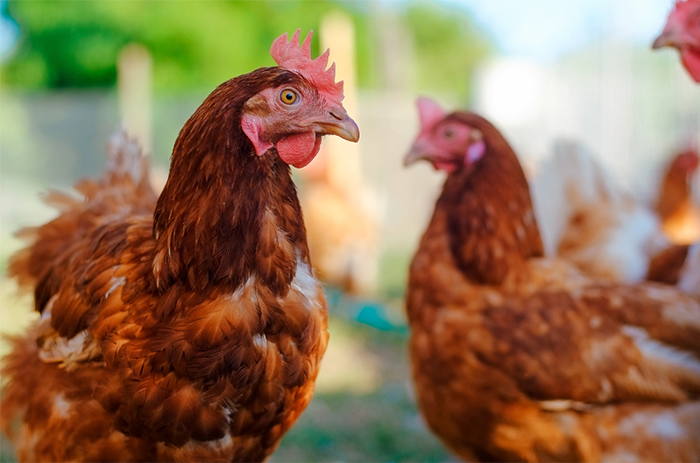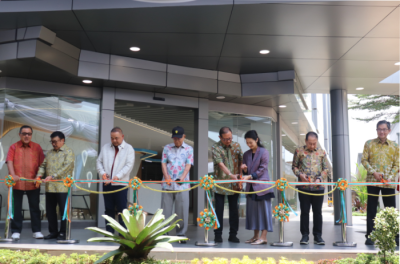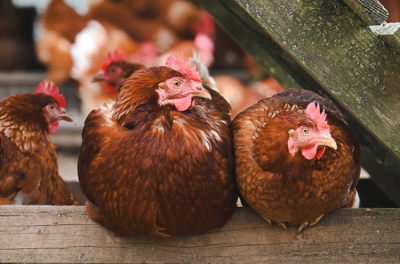

The Role of Prebiotics in Supporting Gut-Associated Lymphoid Tissue (GALT) Function in Poultry
Gut-Associated Lymphoid Tissue (GALT) is the largest immune organ in chickens, located in the digestive tract. This crucial component of the chicken’s immune system consists of intestinal lymphoid tissues, which include unique structures such as the Meckel’s diverticulum (a secondary lymphoid organ), Peyer’s patches, cecal tonsils, and lamina propria lymphoid follicles. These organs produce and store immune cells that help fight pathogens in the poultry gastrointestinal tract.
GALT functions by recognizing antigens through M cells that capture and deliver these antigens to the underlying lymphoid tissue. It also produces B and T lymphocytes as well as antibodies to fight infections. The optimization of GALT is closely related to the condition of gut microbiota. GALT interacts with commensal bacteria and the epithelial layer of the intestine to maintain homeostasis and prevent inflammation. This is especially vital for the development of the immune system in young chickens. An imbalance in the gut microbiota (dysbiosis) disrupts GALT optimization and increases intestinal permeability, making chickens more susceptible to infections and inflammation.
Probiotics for gut microbiota balance can help restore GALT function so it works more optimally as the immune defense line in the intestines. Probiotics are able to enhance immune responses in GALT by stimulating the production of immune cells and antibodies that strengthen the intestinal mucosal defense. In addition, probiotics can produce Short Chain Fatty Acids (SCFAs) that stimulate intestinal epithelial cell growth, thereby improving nutrient absorption. Probiotics also help reduce the risk of gastrointestinal infections by maintaining the stability of the epithelial barrier’s permeability. They also suppress the growth of pathogenic bacteria through the mechanism of competitive exclusion.
Probiotics, especially lactic acid bacteria, produce organic acids as metabolic by-products that lower intestinal pH, thus creating an environment less favorable for pathogenic growth. The combination of these effects supports the GALT function to work more effectively. As live microorganisms are consumed, probiotics are capable of modulating the immune system through their interaction with GALT. They influence various immune mechanisms, including dendritic cell activation, T cell differentiation, and the production of immunoglobulins such as secretory IgA, which protects the gastrointestinal tract against pathogens. Probiotics can also reduce inflammation, repair mucosal damage, enhance the production of anti-inflammatory cytokines, and strengthen intestinal barrier function. Therefore, probiotics play an important role as a therapeutic approach to prevent dysbiosis in the gut and to modulate the immune system, which is closely linked to GALT function.
You may also like

10 Years AHLE: A Decade Strong, A New Chapter Forw...
The celebration of AHLE’s 10th anniversary serves...

Probiotic to Optimize Egg Production and Improve t...
In the poultry industry, production efficiency is...

Probiotics’ Impact on Lowering Ammonia Levels and...
Air quality within poultry houses is a crucial fac...